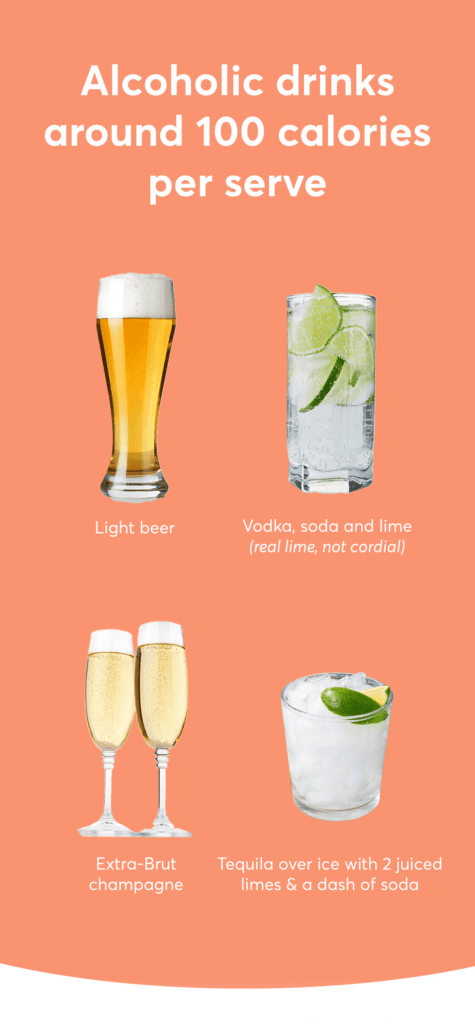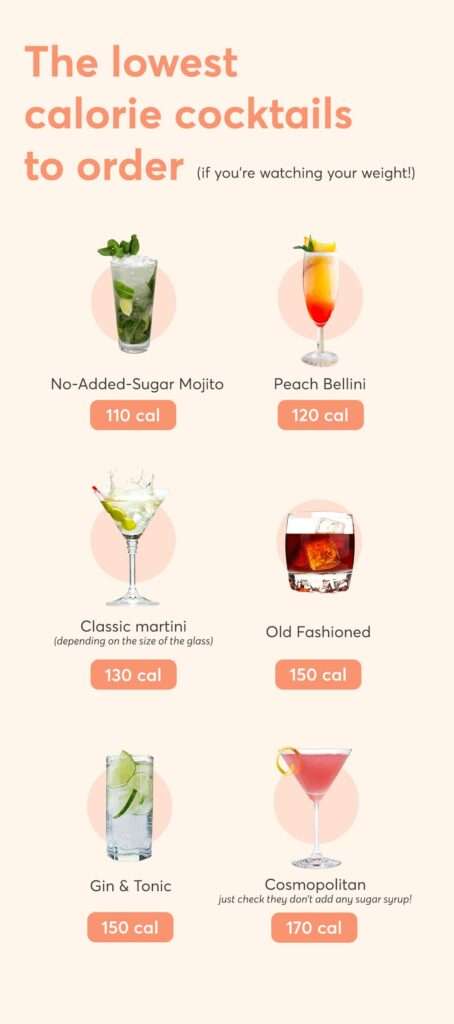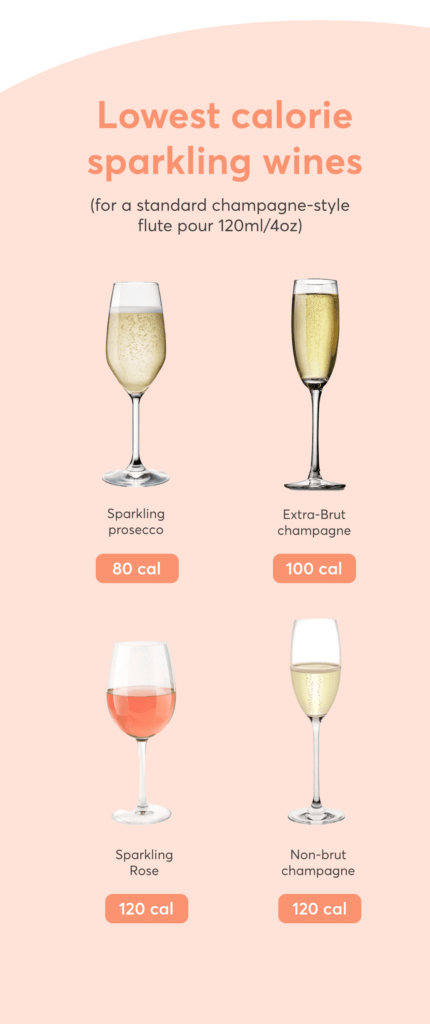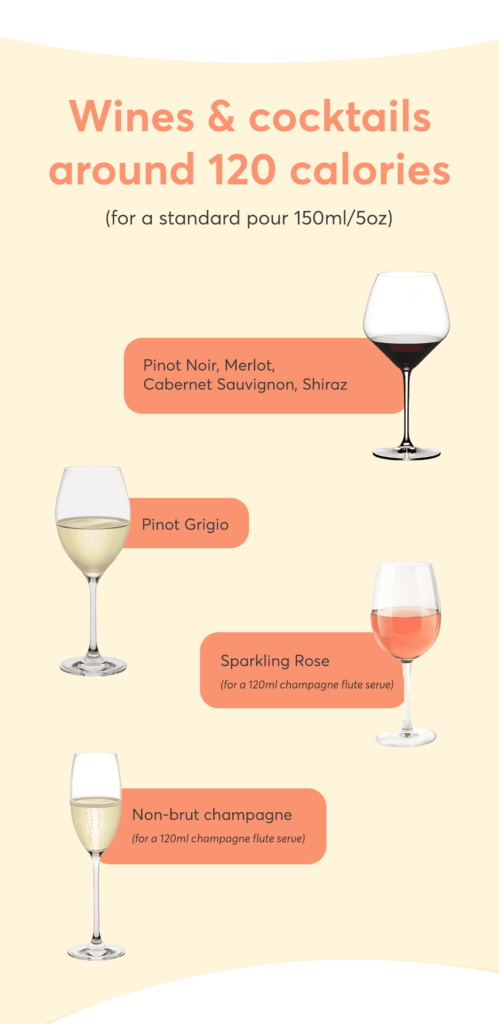So you’re trying to shed some pounds, but you also enjoy a good drink every now and then. Can you have the best of both worlds? Well, the short answer is yes, you can still enjoy alcohol while trying to lose weight. But of course, there’s a catch. In this article, we’ll dive into the details and give you some tips on how to incorporate alcohol into your weight loss journey without sabotaging your progress.
When it comes to losing weight, it’s all about creating a calorie deficit. The key is to be mindful of the types of alcoholic beverages you consume and the quantity. Some alcoholic drinks can be quite high in calories, especially those that are mixed with sugary mixers or contain a lot of carbohydrates. However, there are also lower-calorie options available, such as light beers, spirits mixed with low-calorie mixers, or even enjoying a glass of wine. We’ll delve into these options in more detail, so you can make smart choices when it comes to your drink of choice.
Additionally, it’s important to keep in mind that alcohol can have an impact on your metabolism. When you consume alcohol, your body prioritizes metabolizing it above all else, which means that the fat-burning process slows down. Alcohol can also increase your appetite, leading you to consume more calories than you would have otherwise. But don’t worry, we’ll share some strategies that can help you navigate these challenges and still enjoy the occasional drink without derailing your weight loss progress. Stay tuned to learn more about how to find a balance between alcohol and your weight loss goals.

The Impact of Alcohol on Weight Loss
How Alcohol Affects Weight Loss
When it comes to weight loss, many people wonder if they can still enjoy the occasional alcoholic beverage without sabotaging their progress. The truth is, alcohol can have both direct and indirect effects on your weight loss efforts.
Alcohol and Metabolism
One way in which alcohol can impact weight loss is through its effect on metabolism. When you consume alcohol, your body prioritizes metabolizing it over other nutrients. This means that while your body is busy breaking down the alcohol, it’s not efficiently burning fat or carbohydrates for energy. As a result, your weight loss may be hindered.
Dehydration and Weight Loss
Alcohol is also a diuretic, meaning it increases urine production and can lead to dehydration. When you’re dehydrated, your body may retain water, leading to temporary weight gain. Additionally, dehydration can slow down your metabolism and make it harder for your body to burn calories efficiently.
Calories in Alcohol
Understanding Caloric Content
Another important factor to consider when it comes to alcohol and weight loss is its caloric content. Alcohol is high in calories compared to other macronutrients like protein and carbohydrates. While protein and carbohydrates provide 4 calories per gram, alcohol provides 7 calories per gram. This means that even moderate alcohol consumption can contribute a significant amount of calories to your daily intake.
Calories in Different Types of Alcohol
The caloric content of alcohol varies depending on the type and serving size. For example, a standard 12-ounce beer typically contains around 150 calories, a 5-ounce glass of wine contains around 120 calories, and a 1.5-ounce shot of distilled spirits contains around 100 calories.
The Impact of Mixers
It’s also important to consider the impact of mixers when it comes to the caloric content of your alcoholic beverages. Sugary mixers like soda, juice, or tonic water can significantly increase the calorie content. Opting for lower-calorie mixers like sparkling water or choosing to enjoy your alcohol neat can help reduce the overall calorie intake.

Alcohol’s Effects on Appetite and Food Choices
Alcohol’s Influence on Hunger
Drinking alcohol can also influence your hunger levels and food choices. Studies have shown that consuming alcohol can increase appetite and lead to overeating, especially when it comes to high-calorie, unhealthy food choices. This can make it harder to stick to a calorie-restricted diet and achieve your weight loss goals.
Alcohol’s Effect on Food Cravings
Alcohol can also influence your food cravings. It lowers inhibitions and impairs decision-making, making it more likely for you to give in to cravings for unhealthy, calorie-dense foods. Additionally, alcohol can affect the brain’s reward system, making these foods more appealing and harder to resist.
The Impact on Nutrient Intake
Another important consideration is the impact of alcohol on nutrient intake. When you consume alcohol, your body has to prioritize metabolizing it, as mentioned earlier. This means that while your body is busy breaking down alcohol, it’s not efficiently absorbing and utilizing essential nutrients from the food you eat. This can lead to nutrient deficiencies and hinder your overall weight loss progress.
Strategies for Incorporating Alcohol into a Weight Loss Plan
Moderation and Portion Control
The key to incorporating alcohol into your weight loss plan is moderation and portion control. It’s important to set limits on how much and how often you consume alcohol. The Centers for Disease Control and Prevention (CDC) defines moderate alcohol consumption as up to one drink per day for women and up to two drinks per day for men.
Choosing Lower Calorie Options
Opting for lower calorie options can also help minimize the impact of alcohol on your weight loss efforts. For example, choosing light beers, dry wines, or distilled spirits with low-calorie mixers can help reduce the overall calorie intake.
Planning Ahead
Planning ahead is crucial when it comes to incorporating alcohol into your weight loss plan. If you know you’ll be attending a social event or going out for drinks, make adjustments to the rest of your daily calorie intake. This could mean eating a lighter dinner or exercising a bit more to offset the extra calories from alcohol.

The Importance of Overall Lifestyle Choices
Balancing Alcohol Consumption with Exercise
Regular exercise is an essential component of any weight loss plan. When consuming alcohol, it’s important to consider the impact it can have on your exercise performance and recovery. Alcohol can impair muscle recovery and growth, hinder hydration, and have a negative impact on endurance. Balancing alcohol consumption with regular exercise is key to optimizing your weight loss journey.
The Role of Sleep in Weight Loss
Another important aspect of overall lifestyle choices is the role of sleep in weight loss. Alcohol can disrupt your sleep patterns and negatively affect the quality of your sleep. Poor sleep can lead to increased cravings for unhealthy foods, decreased energy levels, and reduced motivation to engage in physical activity. Prioritizing a good night’s sleep can greatly support your weight loss efforts.
Stress Management and Emotional Eating
Managing stress and emotions is vital for weight loss success. Alcohol is often used as a coping mechanism for stress or to numb emotions, which can lead to emotional eating and food cravings. Finding alternative and healthier ways to manage stress, such as practicing mindfulness, engaging in regular exercise, or seeking support from friends or professionals, can help prevent emotional eating and support your weight loss goals.
Alcohol in Relation to Specific Diet Plans
Ketogenic Diet
A ketogenic diet is a low-carbohydrate, high-fat diet that aims to put the body into a state of ketosis, where it burns stored fat for fuel. Alcohol consumption can interfere with this process because the body prioritizes metabolizing alcohol over breaking down fat. Additionally, alcoholic beverages often contain carbohydrates, which can push the body out of ketosis. If you follow a ketogenic diet, it’s important to be mindful of your alcohol intake and choose low-carbohydrate options.
Paleo Diet
The paleo diet focuses on consuming whole, unprocessed foods that our ancestors would have eaten. While alcohol was not a part of our ancestors’ diet, many people wonder if it can still be enjoyed on a paleo diet. The answer depends on personal preferences and goals. If you choose to drink alcohol on a paleo diet, it’s important to opt for options that align with the principles of the diet, such as dry wine or distilled spirits without added sugars.
Vegan Diet
A vegan diet excludes all animal products, including alcohol made from animal-derived ingredients such as honey or gelatin. However, there are plenty of vegan-friendly options available, such as beers, wines, and spirits that are free from animal products. It’s important to read labels or inquire about the ingredients to ensure that the alcohol you choose is vegan-friendly.

Alcohol and Long-Term Weight Maintenance
Maintaining a Healthy Relationship with Alcohol
Long-term weight maintenance requires maintaining a healthy relationship with alcohol. It’s important to find a balance that allows you to enjoy alcohol in moderation without compromising your weight loss progress. Being aware of your drinking habits, setting limits, and seeking support if needed are all vital in maintaining a healthy relationship with alcohol.
The Risk of Weight Regain
Excessive alcohol consumption can increase the risk of weight regain. Alcohol is calorie-dense and can lead to poor food choices, overeating, and reduced motivation for healthy behaviors. Additionally, alcohol can impact hormone levels, leading to increased hunger and decreased satiety. Being mindful of your alcohol intake and making conscious choices can help mitigate the risk of weight regain.
Accountability and Support
Having a support system in place can greatly assist in long-term weight maintenance. This can include friends, family, or even professional support. Being accountable to someone can help keep you on track with your weight loss goals, including moderating your alcohol consumption.
Potential Health Risks of Excessive Alcohol Consumption
Liver Damage
Excessive alcohol consumption can lead to liver damage. The liver is responsible for metabolizing alcohol, and excessive intake can overwhelm its capacity. This can result in inflammation, scarring, and even liver cirrhosis. It’s important to be mindful of your alcohol consumption and prioritize your liver health.
Nutritional Deficiencies
Alcohol can also lead to nutritional deficiencies. As mentioned earlier, when you consume alcohol, your body may prioritize metabolizing it over absorbing essential nutrients from the food you eat. Over time, this can lead to deficiencies in vitamins and minerals like thiamine, folate, vitamin D, and magnesium. Proper nutrition is vital for overall health and weight loss success, so it’s important to balance alcohol consumption with a nutrient-rich diet.
Impaired Cognitive Function
Excessive alcohol consumption can impair cognitive function and negatively impact your mental health. Alcohol can slow down brain function, affect memory, and increase the risk of mental health disorders such as anxiety and depression. Prioritizing mental well-being is crucial for overall health and weight loss success.

The Effects of Alcohol on Exercise Performance
Muscle Recovery and Growth
Alcohol can impair muscle recovery and growth. It interferes with protein synthesis, which is vital for repairing and building muscle tissue. Additionally, alcohol can increase muscle soreness and reduce the effectiveness of strength training exercises. If you’re looking to build or maintain muscle mass during weight loss, it’s important to be mindful of your alcohol consumption and prioritize post-workout recovery strategies.
Hydration and Performance
Hydration is essential for optimal exercise performance. However, alcohol is a diuretic and can lead to dehydration. Dehydration can negatively impact your athletic performance, reduce endurance, and increase the risk of injury. It’s important to prioritize hydration by drinking plenty of water and minimizing alcohol intake before and after exercise.
Alcohol’s Impact on Endurance
Alcohol can also have a negative impact on endurance. It can reduce aerobic capacity, impair oxygen delivery to the muscles, and decrease stamina. If you’re aiming to improve your endurance and performance, reducing alcohol consumption or abstaining altogether may be beneficial.
Conclusion
In conclusion, while it is possible to drink alcohol and still lose weight, it’s important to be mindful of its impact on your weight loss efforts. Alcohol can affect metabolism, hydration, appetite, food choices, and nutrient intake. Incorporating alcohol into a weight loss plan requires moderation, portion control, and careful consideration of the caloric content of different alcoholic beverages. Balancing alcohol consumption with overall lifestyle choices, such as exercise, sleep, and stress management, is crucial for long-term weight maintenance. It’s important to be aware of the potential health risks of excessive alcohol consumption and seek support if needed. Ultimately, finding a balance that works for you is key to enjoying alcohol and achieving your weight loss goals.
